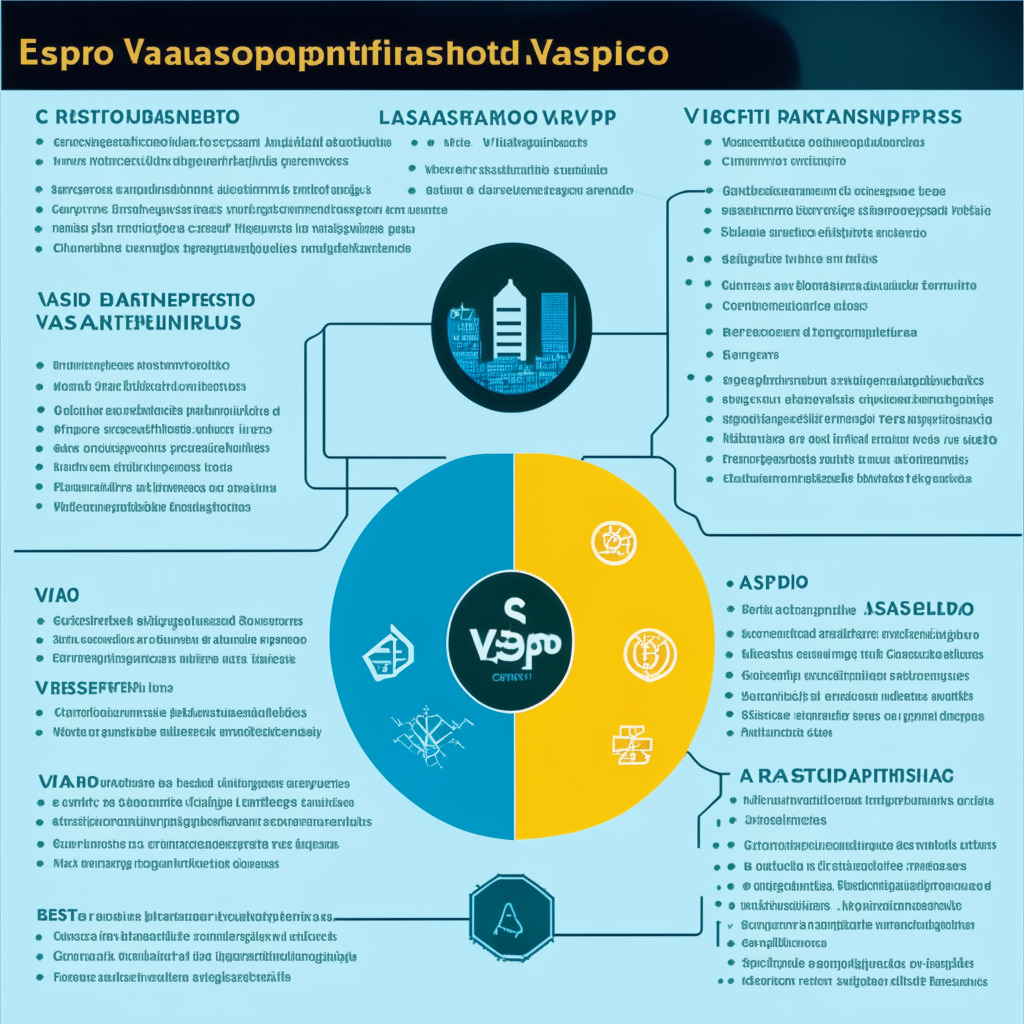In a recent announcement, Crypto.Com, a prominent crypto exchange, revealed that it has obtained registration clarity in Spain. The Bank of Spain has granted the exchange a Virtual Asset Service Provider (VASP) license, a significant milestone towards solidifying its presence in the European market. This news comes at a time when the largest global crypto exchange by trading volume, Binance, is facing compliance challenges within the region.
The consequences of this development highlight the complexities and nuances surrounding the evolving regulatory landscape for cryptocurrency exchanges. On one hand, it demonstrates progress in the journey towards creating a regulated environment for digital assets and, on the other, it raises concerns about uneven treatment of different exchanges operating within the same market.
The swift approval of Crypto.Com’s VASP license might indicate that regulatory agencies in Europe are becoming more open to embracing cryptocurrencies and their underlying technology. This is a positive development for the industry as a whole, as it suggests a level of maturity and adaptability among authorities when it comes to cryptocurrency oversight. Moreover, this regulatory clarity presents Crypto.Com with opportunities to further expand its business and attract new customers, ultimately benefiting the growth of the overall crypto ecosystem.
However, there is a slight hint of skepticism in this growth story. Binance‘s recent struggles with compliance in Europe raise eyebrows regarding the fairness of the treatment of different exchanges by regulators. While Crypto.Com smoothly sailed through the approval process, Binance is grappling with a series of investigations and warnings from various European countries, catalyzing debates about the consistency of regulatory rules implementation.
As the mentioned Ripple’s XRP price drop by 3%, this unequal treatment among different cryptocurrency exchanges might also have a domino effect on digital asset prices. The inconsistent regulatory environment and growing uncertainty can trigger fluctuations in the market, affecting investor confidence and making it more difficult for cryptocurrencies to become widely adopted.
Furthermore, with regulatory frameworks constantly evolving, the overall stability of the crypto market remains in question. The future sustainability of cryptocurrency exchanges depends on their ability to adapt to changing policy requirements, fully comply with regulations, and maintain a high level of transparency. It is crucial for industry leaders and regulators to work together in overcoming these challenges and creating a standardized, clear, and fair regulatory environment for both existing and emerging digital asset businesses.
In conclusion, while Crypto.Com’s approval by the Bank of Spain is an encouraging sign of progress towards a unified and regulated cryptocurrency landscape, some skepticism remains due to inconsistencies in the treatment of different exchanges. As the situation develops, stakeholders should strive to find balance addressing regulatory challenges, maintaining a level playing field for market participants, and ensuring stability for the entire cryptocurrency ecosystem.
Source: Coingape




